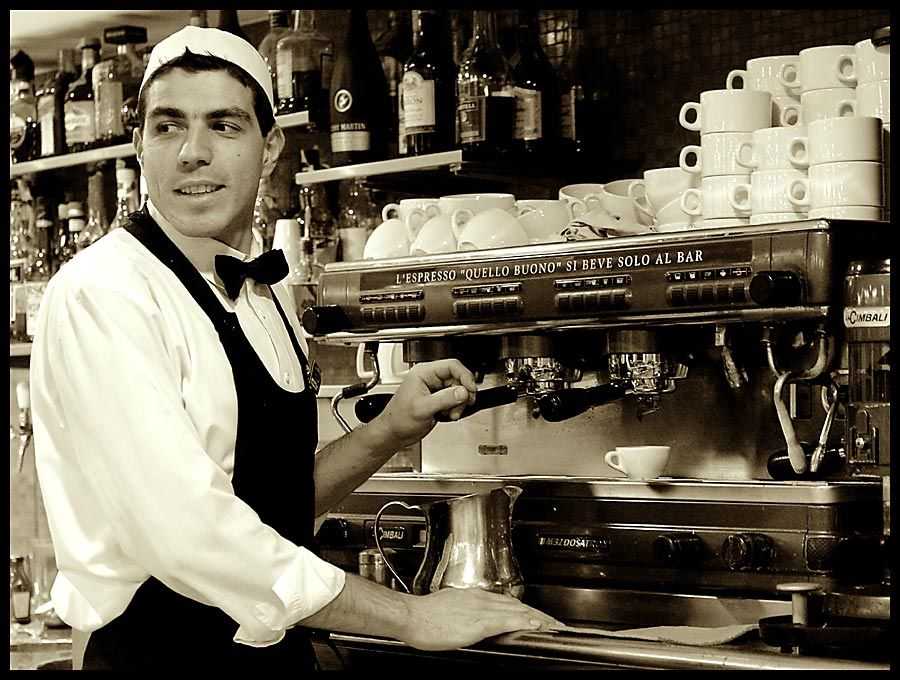MILAN – Machine learning and AI are getting more and more important in the food industry and the coffee industry is no exception. AI supports the manufacturing process and coffee business at every state to improve the quality and the time for customers. Although the implementation of AI in the coffee industry is still in their initial stage, with the growth of AI and machines learning, we could predict where the future of coffee industry would lead to.
Just by using AI, it not only helps us to predict the next moves, but also helps baristas make the decisions to boost their environment and of course, sales.
As we already know, currently, many coffee companies offer their customers many great applications. Many different apps come with several. different features. These applications let customers choose how much they want for their coffee and what time they want (Of course, that is not only for coffees).
Anyway, these will let the companies to gather data regarding customers buying like preferences, habits and patterns. Not only the companies have better idea of what kind of coffee is extremely in demand or in current trend, but also get them to understand more about the coffee is likely enjoyed by customers in specific locations.
From that, they could change their marketing strategies such as installing more brewing machines to improve their sales significantly.
Furthermore, likely, more and more robotic arm have been produced to implement into coffee industry. Of course, buying a robotic barista would help to attract more media attention or to promote the brand. It will helps the coffee companies to increase the coffee quality and the time for customers. In addition, with enhanced of AI aptitude, robotics gather required data without diverting attention from the primary objective of serving coffee house guests.
The multi-tasking ability enables keeping the customers happy by increasing the time of customers. For example, when coffee serves at coffee shops and customers are numerous, they would be super stressed and the qualities of their beverages and the sales would be affected deeply.
In contrast, robot baristas reproduce various beverage properties to the slightest nuances repeatedly, based on preset personal preferences.
Quantity of espresso shots, milk froth or a sweet syrup — always precisely identical content in a jar, personalized to the customer’s taste.
Conclusion
Today, there are many use cases for AI and machine learning in the food industry. More and more of world’s leading startups and enterprises are already using machine learning and deep learning in their operations.















